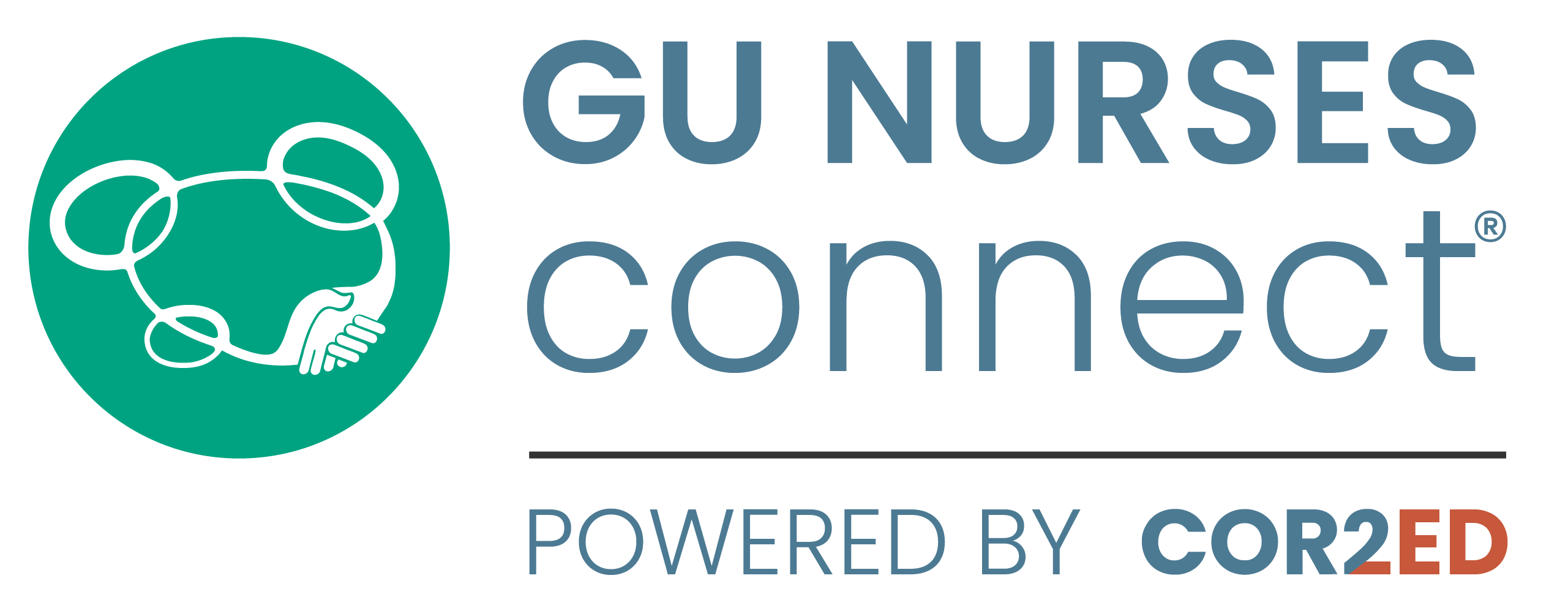Hi, my name’s Janet Forgenie, I am a Uro-Oncology Clinical Nurse Specialist working at University College London Hospital caring primarily for patients with organ-confined and metastatic prostate cancer.
I’m going to talk to you today about my experience during the recent coronavirus pandemic in respect of my prostate cancer patients.
Key challenges during the pandemic
The key challenges for a central London Hospital during this recent coronavirus pandemic, during the first phase, obviously this was the acute phase and patients were discouraged from attending central London hospitals, they were unable to get blood tests done. This created a huge amount of anxiety which as a clinical nurse specialist was a huge part of our role.
Obviously some of the team were redeployed, this again caused quite a few concerns within the management of our patient group.
During the second phase of the pandemic, the things that I’ve noticed are patients coming back into the hospital and into clinic who unfortunately have deteriorated in respect of their performance status over the last 6-months.
We’ve seen an increased incident of patients with pending cord compression, who are anorexic, are in pain, who have got very low haemoglobin (Hb), I’ve seen patients with a Hb below five and this has been very sad to see.
Prostate cancer patient care going forward
As a clinical nurse specialist things that we feel we need to do going forward to manage this is to implement structures that will enable us to follow our patients up effectively.
We understand that going back to how things used to be of patient’s being seen face-to-face is quite possibly a thing of the past for quite a few months, possibly years to come.
Virtual Prostate Cancer Clinics
The use of virtual clinics, as I’m sure many institutes have started using, have been a massive increase.
We are trying to encourage patients to do alternate visits so one telephone followed by one face-to-face.
We’ve struggled with the ability for patients to get blood tests done at their local GP surgeries. GP surgeries still remain fairly shut to patients accessing services in the community.
Community palliative care
We’ve also seen a decrease in the amount of community palliative care input for our cohort of patients.
Balancing the risk of chemotherapy vs. COVID-19
Prostate cancer patients are generally over the age of 75 and of course are men. They in particular have a higher risk for COVID-19 so it’s a balance of reducing the risk of giving them prostate cancer treatment in the form of chemotherapy which we know causes neutropenia but balancing that with the risk of patients getting COVID-19.
I feel this has been an ongoing issue, things that we have implemented are lots of Zoom and YouTube videos.
Treatment choices
We’ve got a new video for patients who are trying to make decisions about different treatment choices, we’ve also got a prostate cancer support group via Zoom which has proven very successful.
Management of androgen deprivation therapy
We’ve also sent out information on management of androgen deprivation therapy, normally we run physical exercise classes, an 8-week course, we’ve tried to promote that via sending out written information which patients can access to ensure that they’re keeping themselves active.
Side effects
One of the major side effects of hormone treatment is obviously fatigue and isolation during this pandemic has been a big issue for a lot of our patients.
Encouraging them to exercise and get out and do their daily walk has been a big part of my role.
I have put together some slides which do show how we have tried to manage this within a central London Hospital which I do hope you will find helpful.
Thank you for listening on behalf of GU NURSES CONNECT.




 Downloadable
Downloadable  20 MIN
20 MIN
 Feb 2026
Feb 2026 








